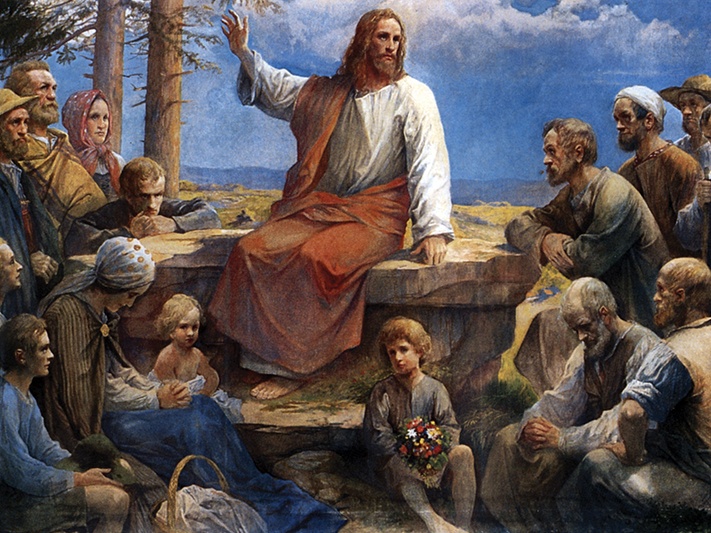I have been a Catholic from birth but often have questions about some of the issues we are facing today, such as the evils associated with slavery. The Romans had slaves, but is there any evidence that Jesus condemned that institution?
Seeking answers is a normal way of growing in faith. You are correct that in the Gospels Jesus does not explicitly condemn slavery, but everything there provides a challenge to the institution of slavery, the belief that a master or mistress can own another person in the same way that the master or mistress can own property or clothing.
The word frequently translated in the Gospels as servant is the same word that people then used for slave.
Other parts of the New Testament provide stronger support for Christians not to hold slaves. St. Paul chastised the Corinthians for allowing rich/poor divisions to enter into the celebration of the Eucharist (1 Cor 11:17–22). Many of the poor people he had in mind were slaves. In his Letter to Philemon, St. Paul tells this Christian slaveholder that he should not apply the death penalty (standard punishment under Roman law for runaway slaves) to Onesimus, whom Paul had baptized and was returning to his “owner ” with that letter. If Philemon had rejected Paul’s request, the Letter to Philemon probably would not have been saved.
Pagans quickly understood the challenge to slavery that Christianity represented, often criticizing it as a religion of slaves and women, two very vulnerable groups in the first centuries after Christ. Biblical passages such as “Slaves, obey your human masters ” (Col 3:22) were allowed to shout down Jesus’ Sermon on the Mount (Mt 5–7).
Some Christians reaped enormous profits from slavery into the 19th century and forbade slaves to learn to read because they would see that, in effect, the New Testament challenges slaveholding.









1 thought on “Jesus and Slavery”
The word typically translated as “slave” is doulos (or a word form thereof).
The word typically translated “servant” is diakonos. (It is sometimes transliterated as “deacon.”)
Doulos is a much stronger word.
(In a way, diakonos is analogous to angelos: In its broad sense, diakonos simply means a servant; but in a much more specific sense, it means a servant of the church. Likewise, angelos simply means a messenger; but in a more specific sense, it means a messenger from God–or what we would call an angel.)
Comments are closed.